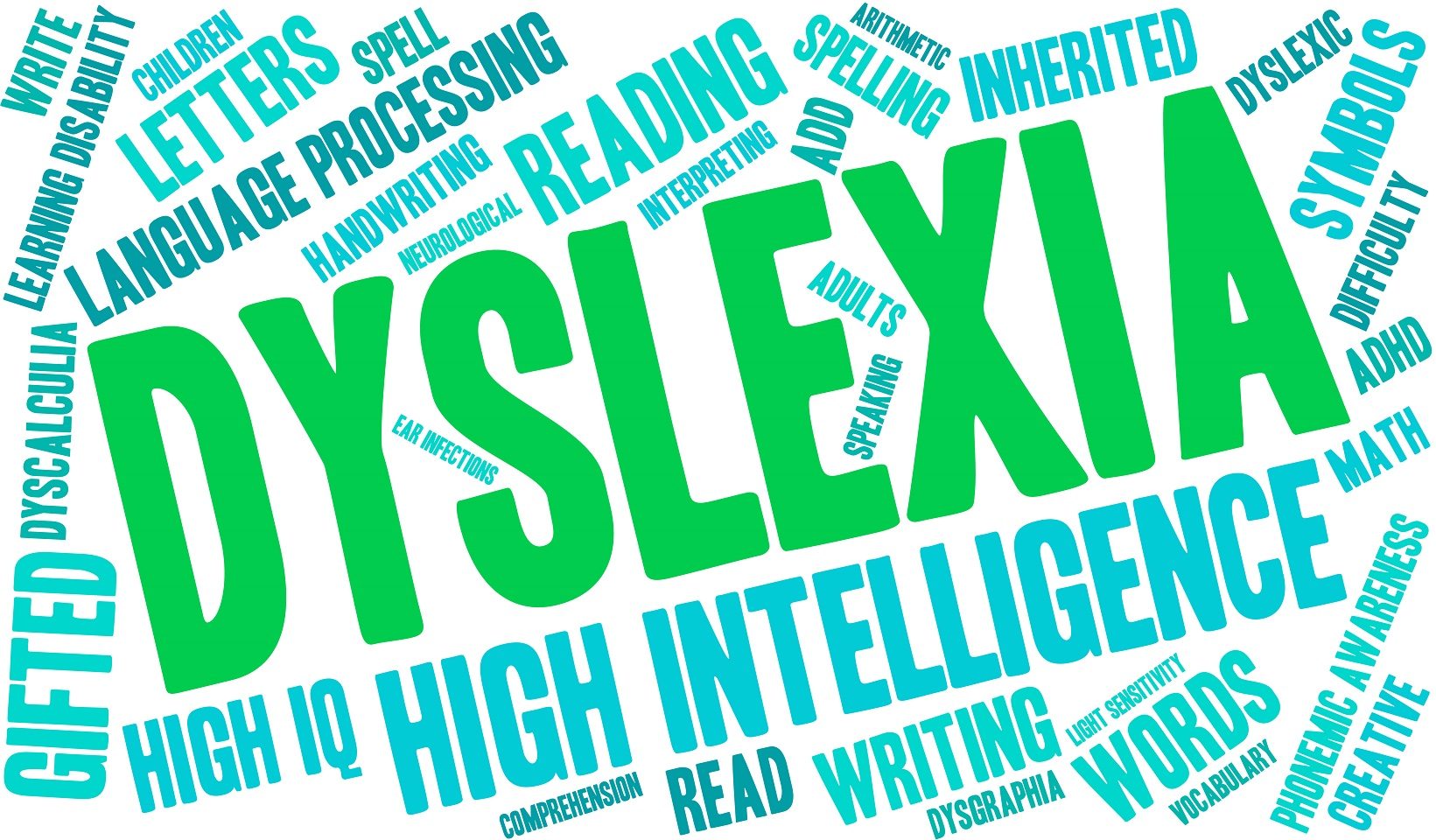Recently, I attended the State Senate committee meeting in Atlanta. Participants discussed dyslexia and the ways to implement laws effectively for this disability in Georgia. Many people spoke about their children, their students, and the lack of effective curriculum in the public school districts.
Unfortunately, teacher prep programs do not focus on dyslexia enough, and the price to effectively train teachers in intervention methods is expensive. Consequently, schools shy away from the term “dyslexia”.
Furthermore, sitting next to a school psychologist, I asked if the school district evaluates specifically for dyslexia. She replied “yes and no”. In addition, she said that the federal government prevented school districts from using this term, and that it is used only in the medical field, not in education.
Why would the federal government prevent school districts from using this term? Actually, they don’t. I found a letter from October 23, 2015, from the U.S. Department of Education clarifying the misconception. You can read it here.
We have a long way to go to help students with dyslexia. The least we can do for these children is acknowledge the word of the disability that they are experiencing. By doing this, we have the power to come together and implement the right solutions. Currently, there are only six states that do not have laws in place for dyslexic students. Georgia is making great strides to overcome this deficit, but as always, the process will take time to effectively serve dyslexics in the most effective way in the public school system.
Take a look at our program for dyslexia here.

